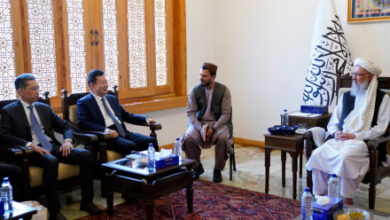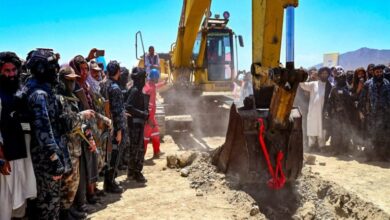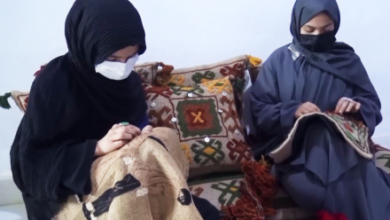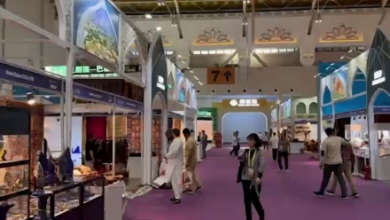Weakening Afghan Interim Govt Harms Everyone Says AFM
Addressing the same gathering, the country's Interior Minister, Sirajuddin Haqqani, called on the people to support the Islamic Emirate.

Kabul: The acting Minister of Foreign Affairs, Amir Khan Muttaqi, said that weakening the Afghan government will harm everyone and that the international community has assured the Islamic Emirate that they don’t support the armed resistance against the interim government.
Speaking at a large gathering of religious clerics and influential figures of the country, Muttaqi said that Afghan soil is not a threat to any country and there is a need for the international community have a moderate policy towards the Islamic Emirate.
“There is no opposition all over Afghanistan. The whole world assured us that they don’t support the armed opponents. This opportunity should be used considering the policy of the Islamic Emirate and its moderate policy which doesn’t want Afghanistan to become a battlefield for negative powers,” he said.
Addressing the same gathering, the country’s Interior Minister, Sirajuddin Haqqani, called on the people to support the Islamic Emirate.
“The reconstruction needs patience and major engagement. Bullying has ended and a pure independence has been ensured,” he said.
The participants issued a resolution of 12 principles, in which they also stressed the facilitation of religious and modern education based on Sharia and Afghan culture.
The statement also stresses the need for engagement of the Islamic Emirate with the international community within a Sharia and Islamic framework. They also called for releasing Afghanistan’s assets abroad and lifting sanctions as well as economic cooperation by the international community.
“The Ulema and influential figures wants the Islamic Emirate to take necessary actions for engagement with the world while considering Islamic Sharia, independence, reputation of Afghanistan, national reconciliation and based on the current conditions,” said Sultan Ahmad Adel, head of the Ulema council at 22nd PD in Kabul.
“We are opposing modern education. We need medical, science, physics, chemistry, and biology,” said Deen Mohammad, head of the Kabul Ulema.
The gathering of the religious clerics and influential figures comes as the international community has repeatedly called for national consensus and national dialogue in Afghanistan in a bid to solve the ongoing challenges of the country.




